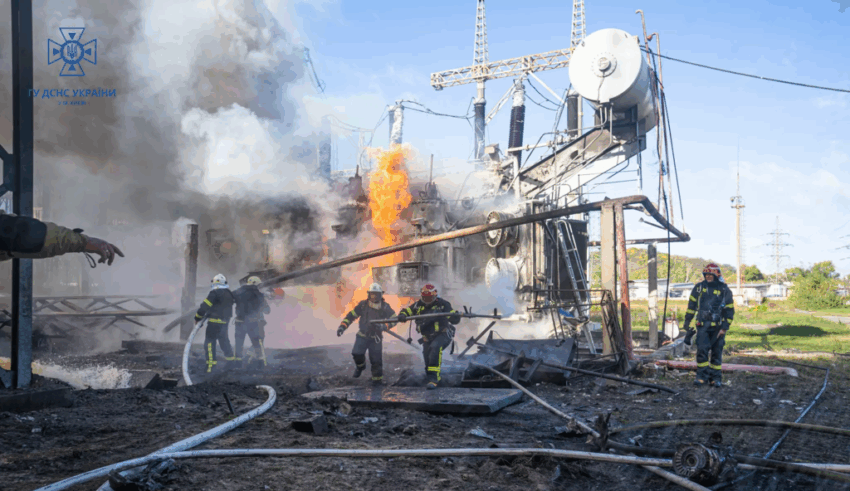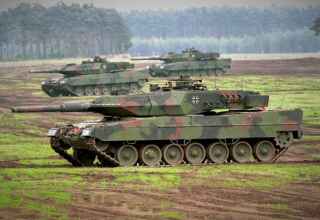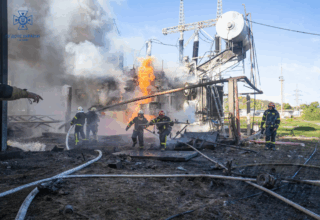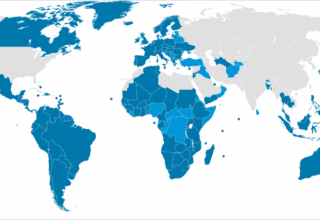
Due to the ongoing war between Russia and Ukraine, the geopolitical and security landscape of Europe has been transformed drastically. The conflict has been centred around two key aspects with both sides seeking to gain control over security in the Black Sea and the Ukrainian energy infrastructure. In that regard, Russia has used its naval dominance to pressure Ukraine and disrupt global trade while parallelly carrying out strikes on power grids on Ukrainian territory, which have caused severe economic and humanitarian crises. After three years of war Russia and Ukraine seem to have brokered a truce regarding the Black Sea and energy infrastructure, an event that offers a rare opportunity to reduce hostilities and ease the suffering caused by war. However, the truce is fragile, and without concrete enforcement mechanisms and pragmatic solutions, it could quickly collapse. Therefore, it should be a priority amongst the international community to ensure that this truce serves as a foundation for long-term stability rather than just another temporary pause in the armed conflict.
The delicate nature of the situation in Ukraine and the uncertainty regarding Russia’s commitment to a ceasefire deal call into question the enforceability of the Truce. In the past, several diplomatic agreements between Russia and Ukraine have often been broken. Russia’s main condition for compliance with a temporary ceasefire is the lifting of sanctions on agricultural and fertilizer exports which raises concerns that Russia is merely using the truce to gain economic relief while maintaining the capacity to resume hostilities at a later stage. On the other hand, Ukraine is demanding an immediate implementation of the truce, as it argues that linking a ceasefire to sanction relief gives Russia too much leverage and fears that Moskow will seek excuses to avoid complying with the agreement while blaming Ukraine for the breach. A way to address these concerns is, for instance, to develop and establish an international monitoring mechanism potentially led by neutral actors such as the OSCE or a UN-backed peacekeeping mission
Another challenge standing in the way of achieving a ceasefire deal is the immense geopolitical significance of the Black Sea and its trade routes. Control over Black Sea shipping lanes is a strategic and economic priority for both Russia and Ukraine and Russia has been using naval blockades and attacks on Ukraine’s grain export routes as leverage during the war and to exert economic pressure on the country. Despite efforts by Ukraine and its Western allies to seek alternative trade routes via the Danube River and European transit corridors, these options remain less viable and efficient substitutes. However, by creating a demilitarized maritime corridor under international supervision, which would be protected from military attacks by a neutral coalition, it would be possible to reopen trade routes for commercial ships transporting food and other essential goods, thus, increasing trade and reducing the risk of naval conflict.
As stated earlier, a large number of Russian military operations during the war have targeted Ukraine’s energy infrastructure, which as a consequence of these attacks and strikes, has been severely damaged. Furthermore, the resulting blackouts and infrastructure destruction have caused major economic instability in Ukraine and even though the truce could allow Kiev to focus on repairing its broken power grid, significant security risks remain. In order to minimise these risks, the European Union and G7 nations should lead a rapid financial and logistical response aimed at rebuilding Ukraine’s energy sector. This plan should also involve public-private partnerships to finance large-scale reconstruction of Ukraine’s power grid, since collaboration with major energy firms could help modernize and fortify energy facilities in Ukraine. Moreover, security assurances from NATO and the EU to deter future attacks on Ukraine’s energy infrastructure are key to ensuring the compliance of a long term ceasefire.
To conclude, if the Russia-Ukraine Black Sea and Energy Infrastructure Truce is to be more than a temporary pause in hostilities, it must be reinforced with clear enforcement mechanisms, secure trade routes, and long-term diplomatic engagement. The international community must act swiftly to ensure compliance, protect Ukraine’s energy sector, and promote incremental confidence-building measures between both sides. Without a structured and pragmatic approach, this truce risks becoming another failed peace attempt, leading to further instability. Now is the time for decisive action to turn this fragile agreement into a meaningful step toward lasting security in Europe.
By The European Institute for International Relations















